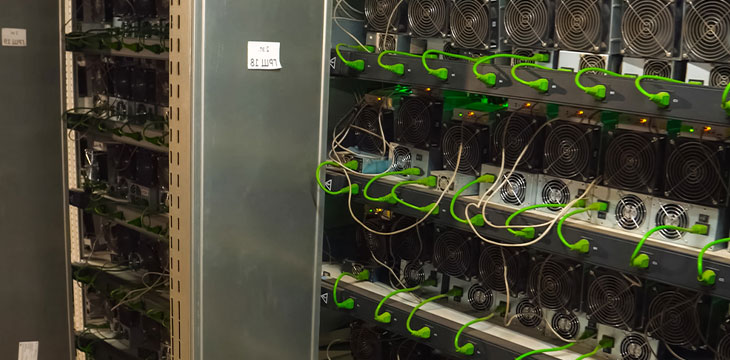|
Getting your Trinity Audio player ready...
|
Majalis, Kazakhstan’s parliament, is marching forward with the introduction of legislation to regulate the activities of block reward miners.
The parliamentary body gave the stamp of approval for the second reading of the bill, opening the stage for the third reading and the subsequent voting process. Titled “On the Digital Assets of the Republic of Kazakhstan,” the bill has been touted to offer several sweeping changes to the mining industry that has operated without any concrete legal framework.
Under the bill, new licensing regimes will be created, differentiating miners based on whether they operate their own facilities or lease them from other entities. The incoming law, if it scales through the legislative hurdles, miners would be required to buy their electricity at a uniform rate from grid operator Korem.
Through the Kazakh Ministry of Digital Development, the government attempted to regulate the block reward mining industry by ordering the registration of miners to curb energy shortages ahead of the winter months. Law enforcement agencies carried out a crackdown which resulted in the seizure of hundreds of mining equipment for operating illegally.
Mining activity spiked in Kazakhstan following the crackdown from Chinese authorities on digital assets. Fleeing miners were lured in by the prospects of cheap electricity and a lax regulatory policy from Kazakh’s government.
The influx of miners sent Kazakhstan into the top three largest BTC hash providers, rubbing shoulders with the United States and Russia. The country contributed 13.22% of the total BTC hash rate, but energy shortages have marred its foray into becoming a block reward mining hub.
Other jurisdictions have not fared any better
Several jurisdictions are approaching the issue of block reward mining with caution, citing the environmental problems associated with them. The state of New York imposed a two-year moratorium on proof-of-work mining activities with Governor Kathy Hochul, noting that the move was to “prioritize the protection of our environment.”
Paraguay’s attempt to incentivize digital asset mining in the country hit the rocks after President Mario Abdo Benitez vetoed the bill. A new vote by the country’s lower legislative house did not scale through after 38 members out of 80 members voted in favor.
“The people and the citizens would be subsidizing the cost of energy. Allocating this price to these types of industries would cause a loss of $30 million annually to the state,” Deputy Jose Reynaldo Rodriguez said.
Watch: The BSV Global Blockchain Convention panel, Blockchain mining & energy innovation

 03-03-2026
03-03-2026 




